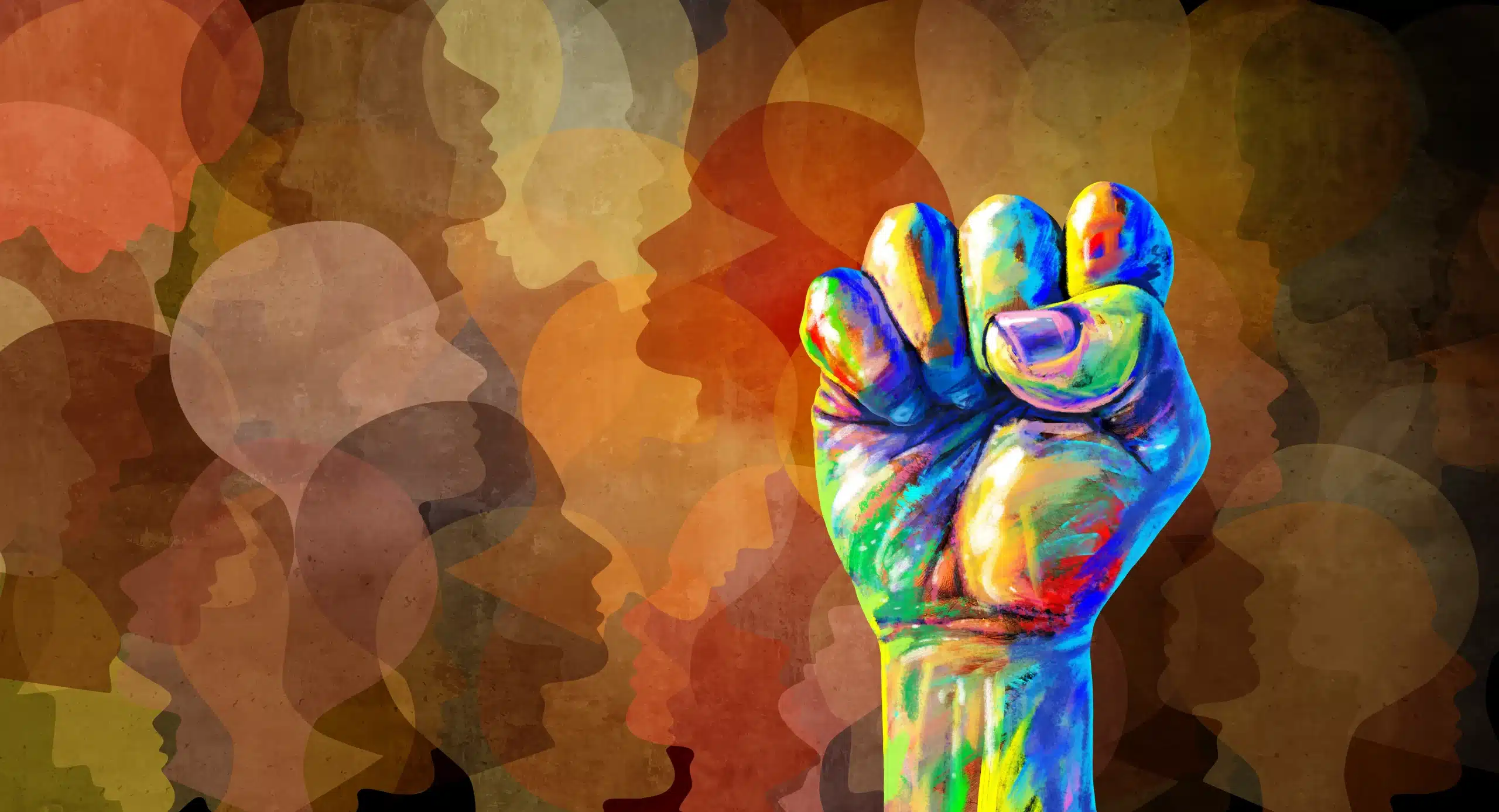RECENT POSTS
Categories
Juneteenth: A Day of Reflection, Celebration, and Education
On June 19, 1865, Union soldiers marched through the simmering Texas heat into Galveston, bearing with them the cool breeze of hope. The Emancipation Proclamation of 1863 had made little impact in Texas, as in other remote Confederate states. No longer. When Major General Gordon Granger stepped forward to read General Order No.3 to a restless crowd, his message would mark the end of the cruelest era in American history.
“The people of Texas are informed that, in accordance with a proclamation from the Executive of the United States, all slaves are free.”
These words of freedom swept through the remaining Confederate states, carried on the salty breeze from the port of Galveston to the dusty cotton fields, from grand Confederate plantations to the rundown cabins of slaves. Black Americans felt centuries of shackles fall away as an unseen future unfurled before them, defined by their own choices. They had dreamed of this moment, whispered about it in the stillness of the night, prayed fervently for its arrival. The outpouring of joy that followed Juneteenth was one of the most significant in our nation’s collective memory.

The History of Juneteenth
When General Lee surrendered in 1865, the slow march towards a fully free nation was only just beginning. It's important to understand that the Emancipation Proclamation of 1863 didn't immediately free all enslaved people - its enforcement depended on the advance of Union troops. Word of the Confederacy's defeat traveled by post and word-of-mouth, leaving many of the enslaved in the dark for weeks or months. Texas, due to its remote location and lack of major battle action, remained largely untouched and uninformed about the upheavals happening in the rest of the country.
When Major General Gordon Granger and his Union troops finally arrived in Galveston in June of 1865, his news did not only end the suffering of the last U.S. slaves - it marked the fall of a deeply entrenched institution that had defined the South for more than two centuries. Families reunited as thousands looked forward to having opportunities for education, employment, and the simple freedom of movement without fear of punishment.
Over time, June 19th began to hold a significant place in the hearts and minds of the freed people. The first celebrations - originally known as “Jubilee Day” - began the following year in 1866. Jubilee Day was a time of prayer, family gatherings, and joyful festivities, acknowledging the hardships of the past while celebrating the promise of freedom. As the tradition evolved, it became known as "Juneteenth” - a combination of "June" and "nineteenth.” For many years, Juneteenth remained a largely unacknowledged event outside of the Black community. However, on June 17, 2021, President Joe Biden signed legislation making Juneteenth a federal holiday in the United States. This step, taken during a larger conversation about racial justice, was widely seen as an acknowledgment of both the historical injustices of slavery and the ongoing struggle for racial justice in the United States.

Juneteenth Today
In modern times, Juneteenth is known as a time of celebration and remembrance, a day to honor Black history and culture. Juneteenth events often feature lectures, exhibitions, and discussions centered around Black history, culture, and ongoing struggles. Families and communities come together for parties, picnics, and barbecues where red food - such as barbecued meats, strawberry soda, and red velvet cake - often take center stage, representing the struggle and bloodshed of enslaved ancestors and the continued resilience of Black Americans.
This holiday is much more than a commemoration of the end of slavery in the United States. It's a stark reminder of the most painful parts of our history, and a celebration of the enduring spirit of a people who survived and thrived despite being subjected to the most inhumane of conditions. At its heart, Juneteenth is a testament to the enduring belief that progress is possible and that we as a nation have the capacity to become less divided, more compassionate, and more just.
Ready to work together? Contact us today for a free consultation.
HERE'S WHAT TO DO NEXT
If you or a loved one have been injured and think you might have a case, call us now for a free consultation.


